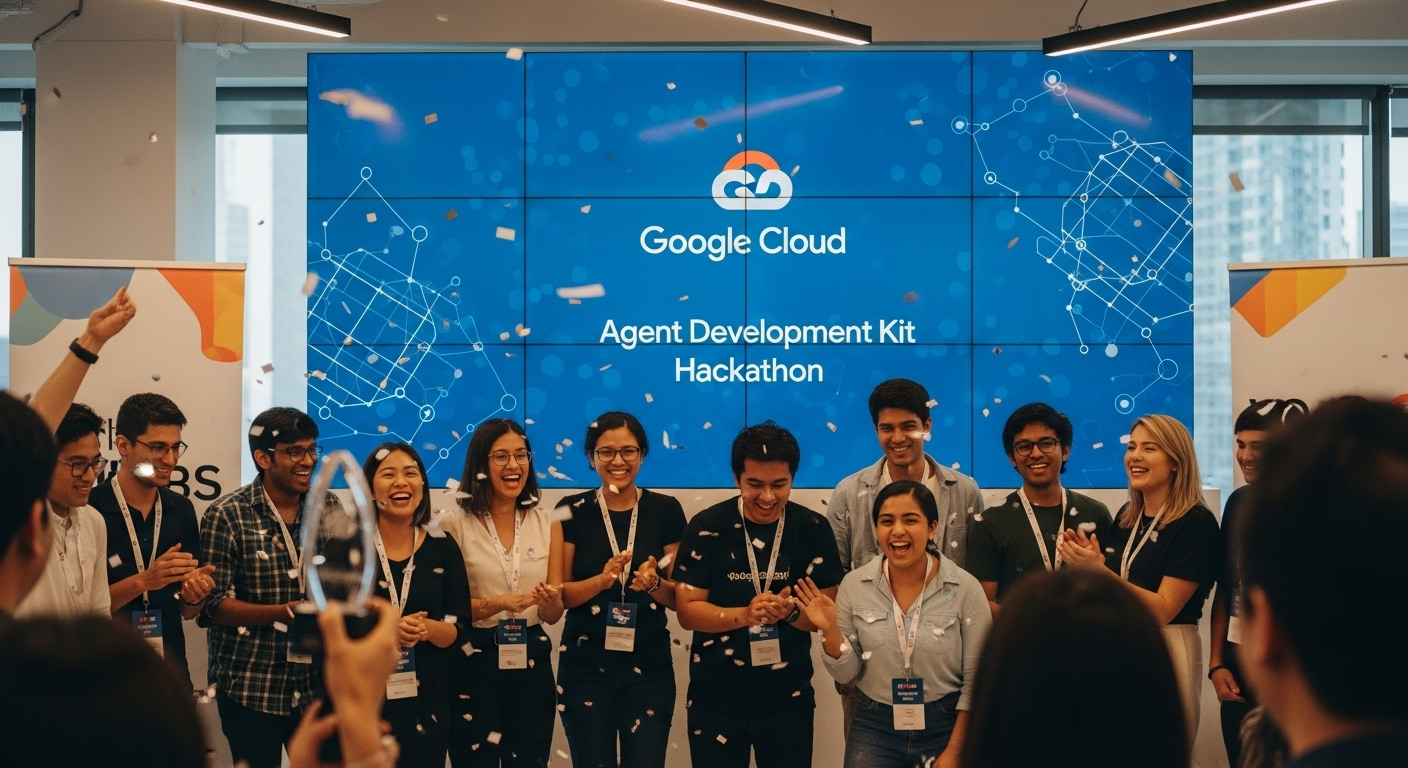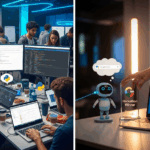ADK Hackathon: Driving the Future of Multi-agent Systems
The Agent Development Kit (ADK) Hackathon, powered by Google Cloud, was more than just a coding competition; it was a powerful demonstration of the potential of multi-agent systems and collaborative AI. With over 10,000 developers participating worldwide, the event showcased innovative applications of these technologies, offering a glimpse into the future. Having witnessed the evolution of the tech landscape over many years, I was genuinely impressed by the achievements of this hackathon.
Hackathons: Catalysts for Innovation and Skill Development
Hackathons, such as this ADK event, are becoming increasingly vital for fostering innovation and developing essential skills. They provide a dynamic environment for developers to explore cutting-edge technologies and push the boundaries of what’s possible. These events are not just for students; they are valuable for professionals at all stages of their careers. A study highlighting the benefits of hackathons on software engineering students’ motivation reinforces this point. While the full citation is pending, the firsthand experience of witnessing the energy and enthusiasm at the ADK Hackathon confirms the potential of such hands-on experiences to accelerate learning and drive innovation.
Key Findings and Winning Solutions in Multi-Agent Systems
The primary goal of the ADK Hackathon was to build multi-agent AI systems using the ADK and Google Cloud. These systems, which involve multiple AI agents working collaboratively, represent a significant shift in how we approach complex problem-solving. The results of the hackathon were truly impressive, with the judges particularly impressed by the creativity and technical skill on display. Here’s a look at the winning solutions:
- Grand Prize: SalesShortcut, an AI-powered Sales Development Representative. This system leverages multi-agent collaboration to automate lead generation and sales outreach, streamlining the sales process and improving efficiency.
- Regional Winners:
- Nexora-AI (EMEA): This system focused on optimizing supply chains through collaborative AI, demonstrating the power of multi-agent systems in logistics.
- Edu.AI (Latin America): This solution used AI agents to personalize learning experiences, showcasing the potential of multi-agent systems in education.
- Energy Agent AI (North America): This system tackled energy management, using AI to optimize energy consumption and promote sustainability.
- GreenOps (APAC): Focused on automating and optimizing IT operations with AI agents.
These diverse applications highlight the broad applicability of multi-agent AI, from sales automation to energy management, and demonstrate the transformative potential of these technologies across various sectors.
The Business Impact of Multi-agent Systems
The ADK Hackathon underscores the growing importance of multi-agent systems for businesses. Consider SalesShortcut as a prime example. This innovative solution showcases how AI can revolutionize sales processes and lead generation. The success of projects like SalesShortcut demonstrates the power of these tools to drive efficiency and create new opportunities. The use of these systems will only continue to grow in the future, helping businesses transform their work.
Strategic Implications for Google Cloud and the Future of AI
From a strategic perspective, the ADK Hackathon is significant for Google Cloud. By fostering innovation and cultivating a strong developer community, Google Cloud strengthens its position as a leader in AI. The success of projects like SalesShortcut provides a roadmap for future innovation. The insights gained and the community developed through hackathons will continue to shape the future of AI, helping build innovative solutions.
In a world of constant change, hackathons like this ADK event are critical. They provide a vital platform for learning, collaboration, and the development of the next generation of intelligent systems. It’s a space where developers come together to shape the future, and that, to me, is always worth observing. By pushing the boundaries of multi-agent systems and fostering collaboration, this hackathon has set a new standard for AI innovation.


Leave a Reply